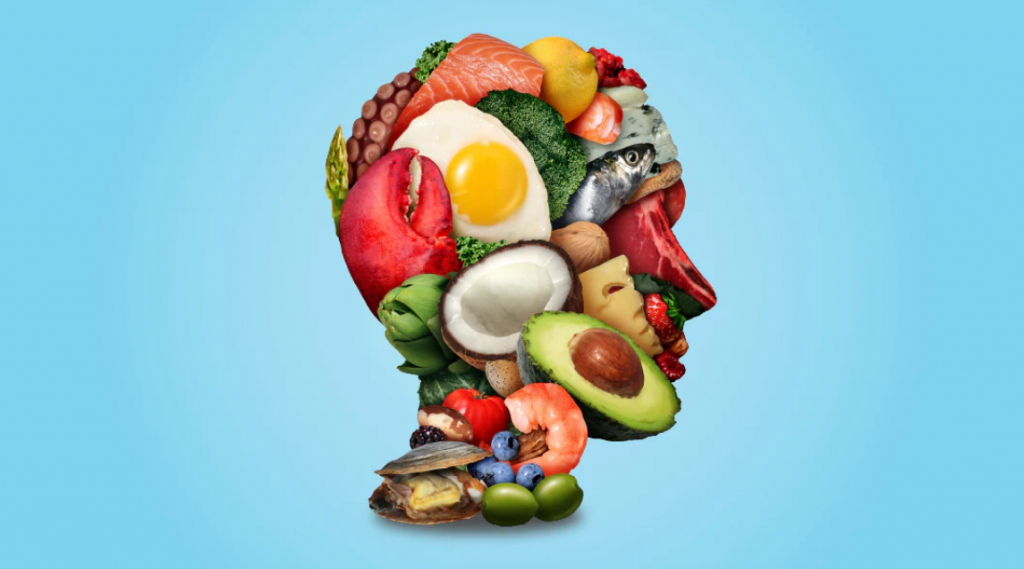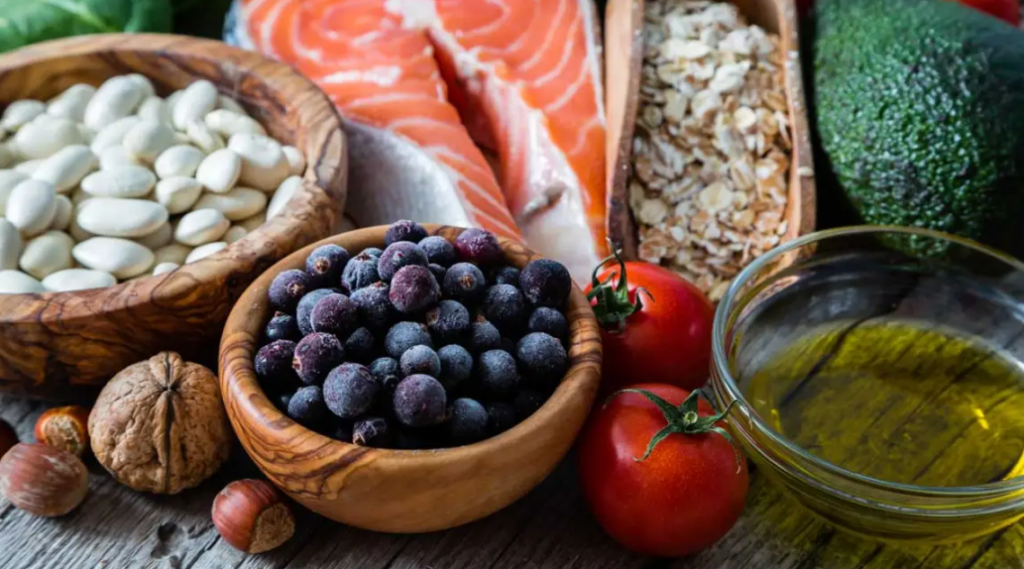Eating healthy is a significant part of a good lifestyle. But with all the diets and plans out there, it can be overwhelming, especially if you’re just getting started. So, here are 100 nutrition facts to help you on your journey to a healthier life.

Fat or carbs don’t make you fat.
Let’s start with our first nutrition fact. People often blame fat as the main reason for obesity because it has more calories per gram than protein and carbs. But that’s not the whole story. It’s not just about fat or carbs – it’s about how you balance your entire diet. You can still lose weight in a healthy way by finding the right balance.
Being gluten-free doesn’t guarantee a food is healthy.
The popularity of organic and gluten-free food is growing, but it’s important to note that these options aren’t always the healthiest. Even junk food can be created using gluten-free and organic ingredients.
Drinks that include sugar are the most fattening.

Consuming too much sugar can be very harmful to your health. When you drink sugary beverages, your brain doesn’t recognize the calories you’re taking in. This can lead you to eat more food so your brain can understand how many calories you’ve consumed.
Not all vegetable oils are healthy.
Soybean, sunflower, and corn oils have lots of omega-6 fatty acids. These can raise the risk of mild inflammation in the body and might lead to stress that contributes to heart disease.
Beneficial bacteria manage the human body.
Scientists have discovered that there are more bacteria in our guts than human cells in our bodies. The ratio is 10 to 1. These bacteria offer various health benefits, including helping with weight regulation and brain function when we eat.
Humans should not consume artificial trans fats.

Here are some simple nutrition facts about trans fats. Trans fats are bad for your health and are connected to more heart disease. Fortunately, the Food and Drug Administration banned trans fats in June 2018, and they won’t be available after 2020.
Cholesterol itself is not harmful to you.
The key factor for heart disease is not cholesterol on its own but the specific proteins that carry it in your body. For most people, the cholesterol you eat doesn’t really change these proteins.
You can get addicted to junk food.
Thanks to modern science and research, food scientists can make processed foods that trigger our brains to release dopamine. This can make people lose control over how much they eat. Several studies have shown similarities between this effect with processed junk food and commonly abused drugs.
Eggs are high in nutrients.
Recent studies found that eating eggs doesn’t directly increase your blood cholesterol. Many healthy people were tested, and there was no sign of a higher risk of heart disease.

There is no need to eat every other hour.
Some people eat smaller meals more often, thinking it helps with weight loss. But research shows it’s not connected to burning fat or body weight. Instead, it’s best to choose healthy and nutritious foods when it’s mealtime.
Red meat cannot rot inside the colon of a human.
The human body is designed to digest and absorb most of what we eat, whether it’s raw or cooked. But that doesn’t mean you should eat food without cooking it.

Health claims on packaging are often misleading.
Food makers know that people today want to be healthy. So, as a marketing trick, they put labels like “whole-grain and low-fat” on their products to make you think they are healthier, even if they aren’t.
Low-fat diets are not healthy.
Most nutrition experts say you should eat less fat to stay healthy. But, studies show that this might not help with weight loss and avoiding diseases. It’s a better idea to eat fruits and vegetables because they’re naturally low in fat. Also, avoid processed foods labeled as low-fat because they often have unhealthy stuff in them.

Fruit juice is the same as soda.
Even though these drinks come from healthy things like fruits, the extra sugar makes them just as bad as sugary drinks.
Supplements marketed for weight loss often do nothing.
Studies show that supplements meant for weight loss rarely work. They often don’t provide the results people expect. If they do work, the amount of weight loss is so small that it’s hardly noticeable.

